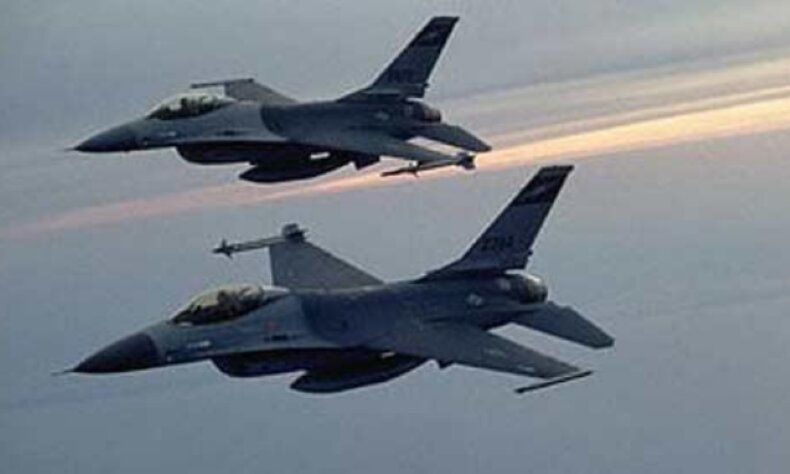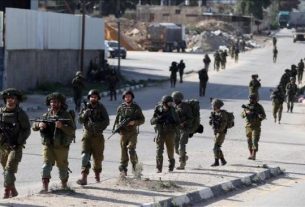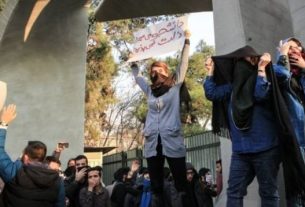Israel is gearing up for a significant military response against Iran following an unprecedented missile attack on Tel Aviv on October 1. An Israeli official disclosed that Tehran launched approximately 180 ballistic missiles in what it claims was retaliation for the recent killings of key Hezbollah and Hamas leaders, along with a commander of the Islamic Revolutionary Guard Corps.
In statements aired by public broadcaster KAN late Sunday, the unnamed official indicated that Israel is preparing a “major attack” and is bolstering its defenses in anticipation of any Iranian counteraction. However, specific details regarding the intended targets in Iran remain undisclosed.
In the aftermath of the missile assault, Israel has engaged in extensive consultations with its key ally, the United States, to identify potential military targets and assess its defensive requirements against possible Iranian reprisals. The Israeli army confirmed on Saturday that the U.S. has deployed a Terminal High Altitude Area Defense (THAAD) system in Israel. This advanced air defense battery is designed to intercept long-range ballistic missiles, enhancing Israel’s defensive capabilities amid escalating tensions.
Prior to the deployment of THAAD, Israel relied on three primary missile defense systems: the Arrow system for long-range threats, David’s Sling for medium-range interceptions, and the Iron Dome for short-range missiles. Reports indicate that these systems have struggled to effectively intercept a number of the missiles launched from Iran.
Speculation in Israeli media suggests that the upcoming military operation could target Iranian oil or nuclear facilities, amid rising fears of a broader regional conflict. In response to the threat of an Israeli attack, Iranian officials have vowed to retaliate “painfully.”
The longstanding animosity between Israel and Iran has manifested in numerous exchanges of accusations, including cyberattacks and other forms of aggression. These tensions are further complicated by Israel’s ongoing military offensive in Gaza, which has intensified following a cross-border assault by Hamas last year. Despite a United Nations Security Council resolution calling for an immediate cease-fire, the conflict has resulted in over 42,600 deaths, predominantly among women and children, with nearly 99,800 others injured, according to local health authorities.
The Israeli military actions in Gaza have led to widespread displacement of the population and severe shortages of essential supplies, including food, clean water, and medical aid. Additionally, Israel is facing a genocide case at the International Court of Justice related to its operations in Gaza.





